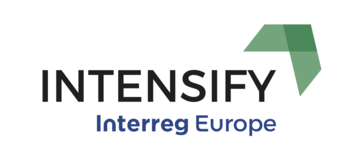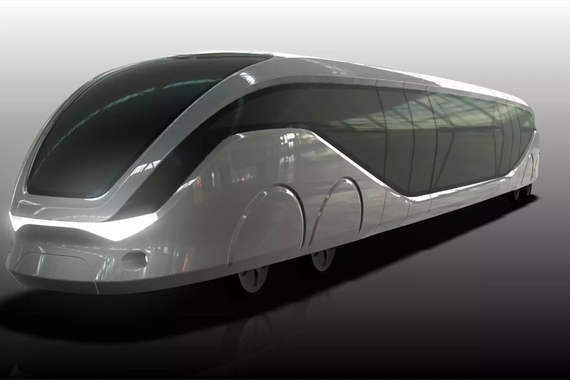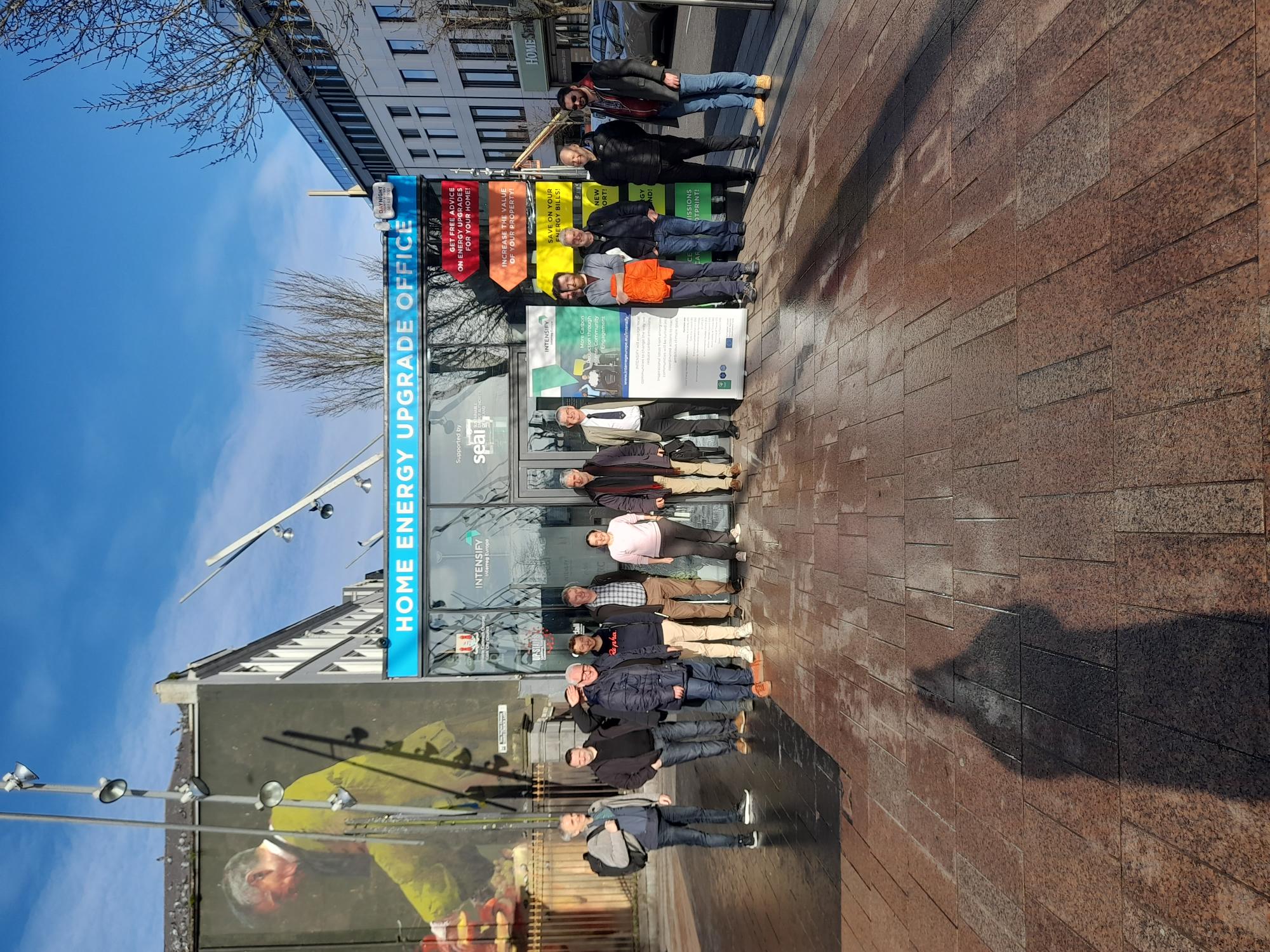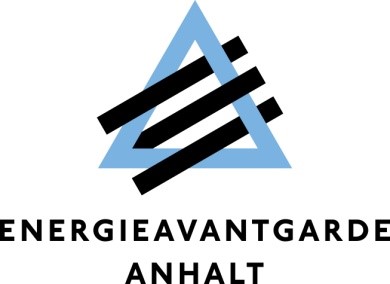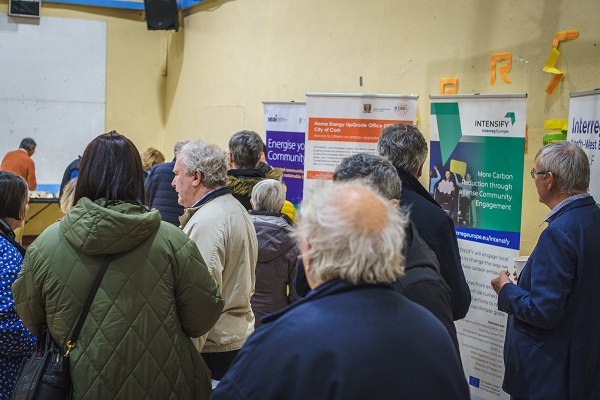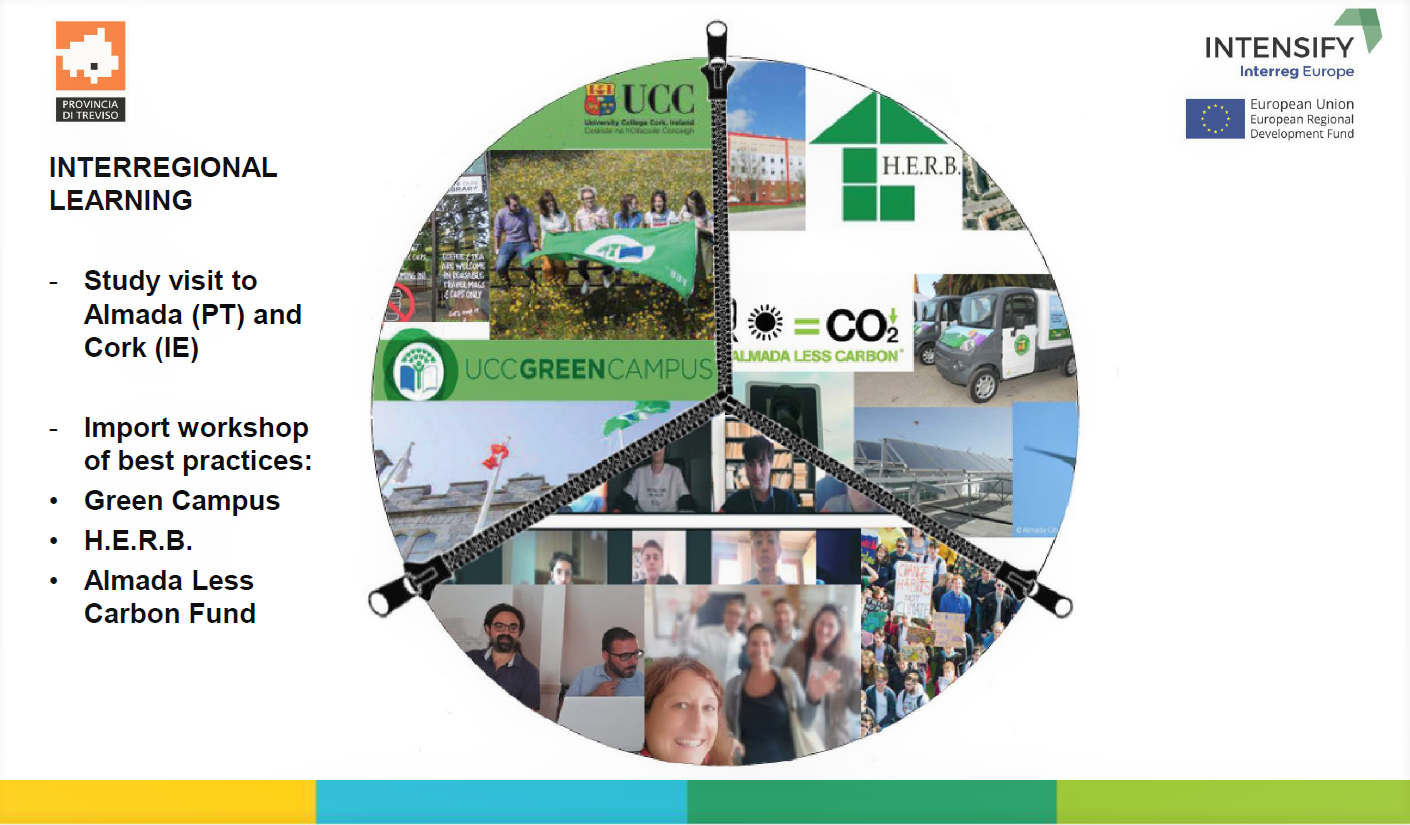As part of the European Week of Regions and Cities 2020, a workshop on Mobilising people for active inclusive low carbon mobility was held by four different Interreg Europe projects to discuss accessible, inclusive and low-carbon mobility. A participatory lab was conducted in the end around the themes of awareness raising for behavioural change, behavioural change for active mobility, and leaving no one behind – accessible and sustainable mobility.
Representatives from Interreg Europe projects such as MATCH-UP, OPTITRANS, REFORM and e-smartec presented their good practices and policies regarding behavioural changes and other initiatives towards low carbon mobility.
The MATCH-UP project looks at the role of modal interchange to foster a low-carbon urban mobility. The e-smartec project oversees enhanced sustainable mobility with marketing techniques for linking bottom-up and top-down decision-making. The OptiTrans project manages the optimisation of Public Transport Policy for an ecological mobility in Europe while the REFORM project aims to support Sustainable Urban Mobility Plans to be adopted by local cities in four European regions.
In the final stage of the session, three moderators presented outcomes during the round table discussions around the three themes. The first moderator, Alessia Giorgiutti, highlighted the impact of Covid-19 in influencing awareness raising for behavioural change and the move towards digitilisation facing this challenge. The importance of youth participation and engagement were also raised as well as the need for stronger political support.
The second moderator Rose Power from Southern Regional Assembly facilitated the discussion on behavioural change for active mobility and how to encourage people to be more active. One aspect explored was in ‘creating more fun around it’, and the inclusion of younger people to be more involved in active mobility especially from a young age by linking schools. Participants also came up with the idea of creating cycle groups for young people to participate and learn about cycling and the rules of the road, thus creating behavioural change from a very early age and in a group setting. The improvement of infrastructure and safety for active mobility were also mentioned including providing more lighting for routes and having adult supervisions for children cycling to and from schools. Finally, gender issue was also raised as the drop in female cyclist becomes more pronounced as they get older.
The third moderator Simona Tondelli for the discussion of accessible and sustainable mobility highlighted the different barriers to accessibility. The first issue discussed was the difference in compact, dense urban places versus in rural areas. Behavioural change was also stressed as an important factor in getting more people to use active, low-carbon mobility. Financial barrier was also a factor in accessing sustainable mobility as some groups may find sustainable transport costly. Finally, the panel suggested providing a holistic approach in the management of mobilising citizens, improving communications to raise awareness, and making transport modes more accessible.
Watch the session here:
euregionsweek2020-video.eu/video/mobilizing-people-for-active-inclusive-low-carbon-mobility
For more information visit
www.interregeurope.eu/match-up
www.interregeurope.eu/e-smartec
www.interregeurope.eu/optitrans
